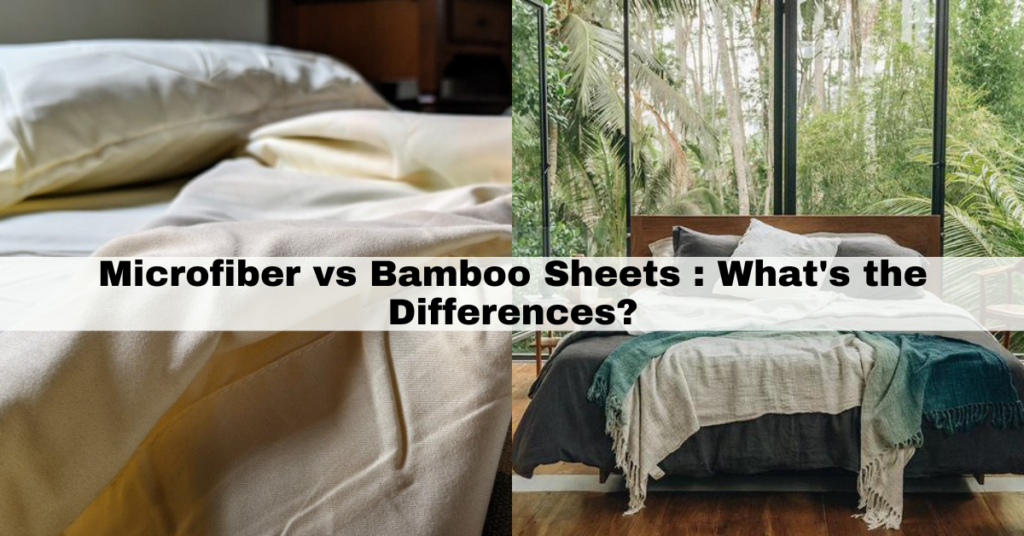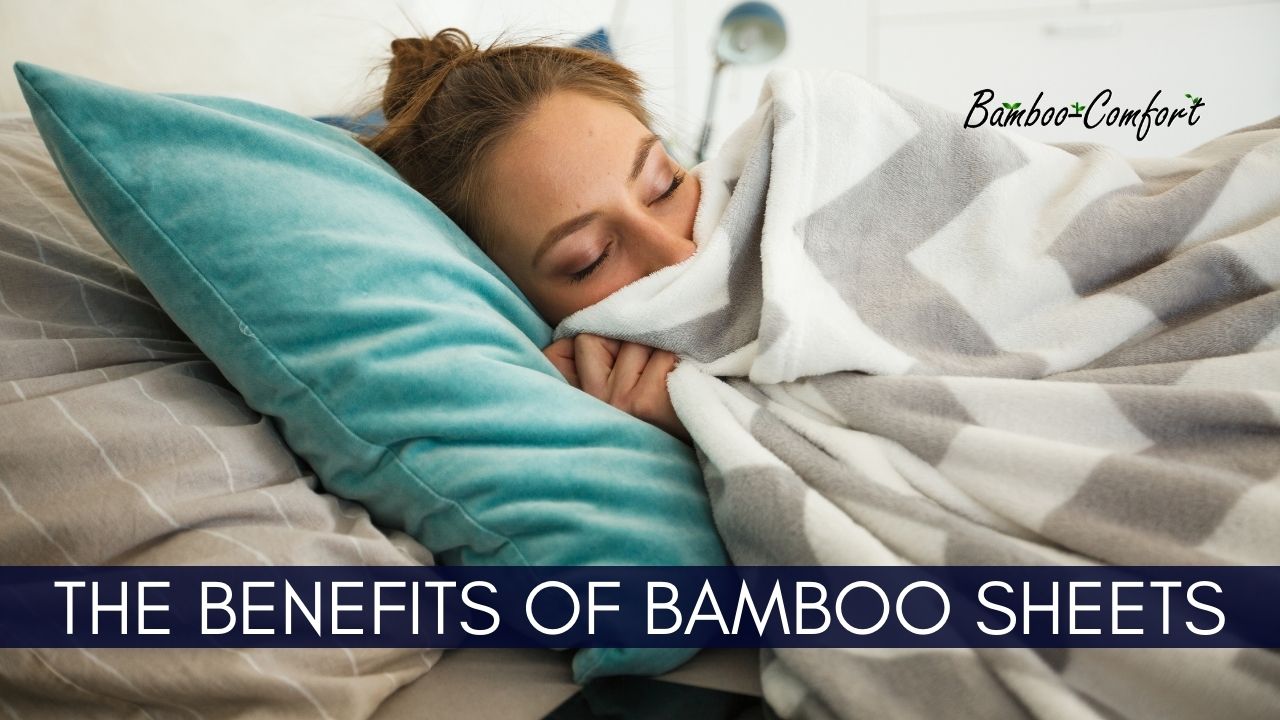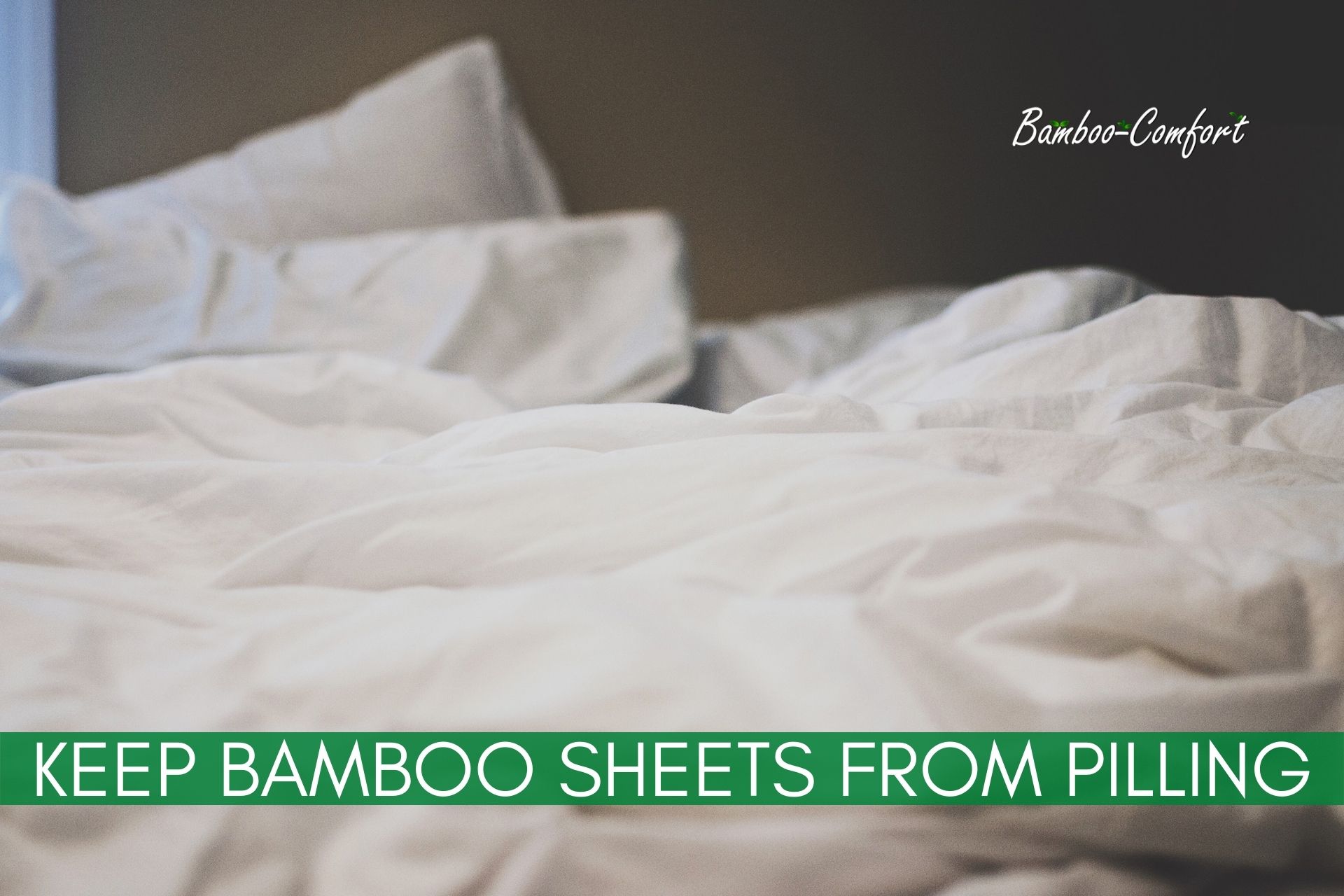When it comes to bed sheets, the options can feel overwhelming, but have you ever considered bamboo sheets? They're becoming a big deal in the bedding world, and for good reason. Bamboo sheets are marketed as soft, eco-friendly, and luxurious, but are they really worth the hype? Let's dive into the nitty-gritty of bamboo sheets and find out if they're the right choice for your sleep sanctuary. And trust me, we’re not just talking about fluff here!
Nowadays, everyone is searching for the perfect combination of comfort and sustainability in their everyday life. When you're spending a third of your life in bed, it's only natural to want something that feels good and doesn't harm the planet. Bamboo sheets promise exactly that, but like any trendy product, there's more to the story than what's on the label.
Before we get too deep into the details, let's acknowledge that bamboo sheets have sparked quite the debate. Some swear by their silky smoothness, while others question the environmental impact of producing them. So, are bamboo sheets good for you and the planet? Let's unravel the truth and see if they're worth the investment.
Read also:Miranda Lambert Hairstyles A Comprehensive Guide To Her Iconic Looks
What Exactly Are Bamboo Sheets?
Bamboo sheets are made from fibers derived from bamboo plants, which are processed into fabric using either mechanical or chemical methods. The result is a soft, breathable fabric that feels like a blend of silk and cotton. But here's the kicker: not all bamboo sheets are created equal. The way they're manufactured can significantly affect their quality and environmental impact.
How Are Bamboo Sheets Made?
The process starts with harvesting bamboo plants, which are known for their rapid growth and sustainability. Once harvested, the bamboo is broken down into pulp and then transformed into fibers. Here's where things get interesting:
- Mechanical Processing: This method uses natural enzymes to break down the bamboo fibers, resulting in a more eco-friendly fabric. However, it's less common due to higher costs.
- Chemical Processing: Most bamboo sheets on the market are made using chemical methods, which involve dissolving the bamboo pulp with harsh chemicals. While this produces a softer fabric, it raises concerns about environmental safety.
Understanding how bamboo sheets are made is crucial if you're looking for a truly sustainable option. So, before you buy, make sure to check the manufacturing process.
Why Are Bamboo Sheets So Popular?
The popularity of bamboo sheets can be attributed to their numerous benefits, both for the user and the environment. Let's take a closer look at what makes them so appealing:
Benefits of Bamboo Sheets
Softness: One of the main reasons people love bamboo sheets is their incredible softness. Many users describe them as feeling like a cloud, making them perfect for a luxurious sleep experience.
Breathability: Bamboo sheets are highly breathable, which means they help regulate body temperature. This makes them ideal for both hot summer nights and chilly winters.
Read also:Inside The Dramatic John Paul Miller Fbi Raid What Really Happened
Moisture-Wicking: If you tend to sweat during the night, bamboo sheets are your new best friend. They're naturally moisture-wicking, keeping you dry and comfortable throughout the night.
Hypoallergenic: Bamboo fibers are naturally resistant to bacteria and allergens, making them a great choice for people with sensitive skin or allergies.
Are Bamboo Sheets Eco-Friendly?
This is one of the biggest questions surrounding bamboo sheets. While bamboo plants themselves are incredibly sustainable, the process of turning them into fabric can sometimes negate those benefits.
The Good
Rapid Growth: Bamboo is one of the fastest-growing plants in the world, which makes it a renewable resource. It doesn't require pesticides or fertilizers and can grow in a variety of climates.
Carbon Sequestration: Bamboo plants absorb more CO2 and produce more oxygen than most trees, making them a great ally in the fight against climate change.
The Bad
Chemical Processing: As mentioned earlier, many bamboo sheets are made using chemical methods, which can be harmful to the environment. The chemicals used in this process can pollute waterways and harm ecosystems.
Transportation: Most bamboo is grown in Asia, which means it often has to be transported long distances to reach consumers. This adds to the carbon footprint of the product.
How Do Bamboo Sheets Compare to Other Materials?
To truly understand the value of bamboo sheets, it's important to compare them to other popular bedding materials like cotton and linen.
Bamboo vs Cotton
Softness: Bamboo sheets are generally softer than cotton, which can be a big selling point for some buyers.
Sustainability: While cotton is a natural fiber, it requires a lot of water and pesticides to grow. Bamboo, on the other hand, is more sustainable in its natural form.
Bamboo vs Linen
Temperature Regulation: Both bamboo and linen are great at regulating temperature, but linen tends to be more durable and longer-lasting.
Maintenance: Bamboo sheets are easier to care for than linen, which can be prone to wrinkling and requires more attention during washing.
How to Choose the Best Bamboo Sheets
Not all bamboo sheets are created equal, so it's important to know what to look for when making a purchase. Here are a few tips to help you choose the best ones:
- Check the Manufacturing Process: Look for sheets that are made using mechanical processing or certified by organizations like OEKO-TEX.
- Consider the Thread Count: While thread count isn't as important for bamboo sheets as it is for cotton, a higher thread count generally indicates a softer fabric.
- Read Reviews: Real customer reviews can give you valuable insight into the quality and durability of the sheets.
Common Misconceptions About Bamboo Sheets
There are a few myths surrounding bamboo sheets that can confuse potential buyers. Let's clear them up:
Myth #1: Bamboo Sheets Are Always Eco-Friendly
As we've discussed, the eco-friendliness of bamboo sheets depends on how they're made. Not all bamboo sheets are sustainable, so it's important to do your research.
Myth #2: Bamboo Sheets Are Expensive
While high-quality bamboo sheets can be more expensive than cotton, they often last longer and provide more comfort, making them a worthwhile investment in the long run.
Are Bamboo Sheets Right for You?
Now that we've covered the pros and cons, it's time to decide if bamboo sheets are the right choice for you. Here are a few questions to consider:
- Do you prioritize softness and comfort in your bedding?
- Are you looking for an eco-friendly option?
- Do you have sensitive skin or allergies?
If you answered yes to any of these questions, bamboo sheets might be the perfect fit for you.
Conclusion: Are Bamboo Sheets Good?
So, are bamboo sheets good? The answer is a resounding yes, but with a few caveats. They offer incredible softness, breathability, and hypoallergenic properties, making them a great choice for many people. However, it's important to choose sheets that are made using sustainable methods to ensure you're not harming the environment.
Now that you know the ins and outs of bamboo sheets, it's time to take action. Whether you're ready to make a purchase or just want to learn more, sharing this article with your friends and family can help spread the word about the benefits of bamboo bedding. And hey, who knows? You might just inspire someone to upgrade their sleep game!
Table of Contents
- What Exactly Are Bamboo Sheets?
- Why Are Bamboo Sheets So Popular?
- Are Bamboo Sheets Eco-Friendly?
- How Do Bamboo Sheets Compare to Other Materials?
- How to Choose the Best Bamboo Sheets
- Common Misconceptions About Bamboo Sheets
- Are Bamboo Sheets Right for You?
- Conclusion
Remember, the key to finding the perfect sheets is knowing what you want and need. So, go ahead and give bamboo sheets a try—you might just discover your new favorite bedtime companion!


